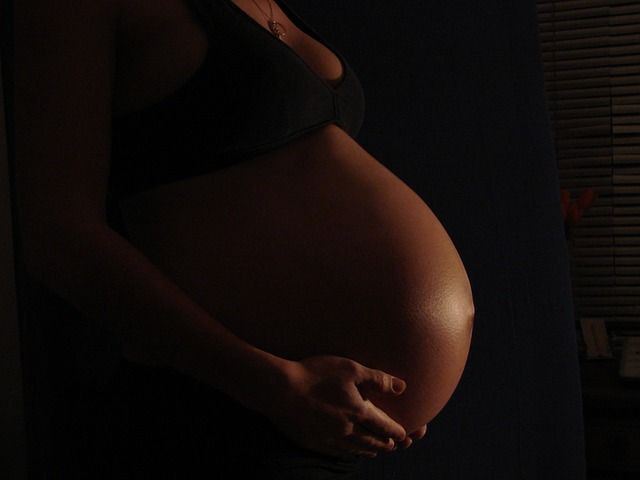Poverty, Not Race, Increases A Woman's Risk Of Unintended Pregnancy

Certain demographics are more likely to have unintended pregnancies than others, but while some reports point to racial differences among women who have unplanned pregnancies, a new study from the University of Michigan suggests that the real answer may instead lie in socioeconomic factors that transcend race.
Statistics show that black women have more unintended pregnancies than white women, but new research has shown that this is not because black women engage in riskier sex or have more sex than white women. Instead, the report showed that poor women of all races have fewer but longer relationships, use contraceptives less frequently and use less effective methods than women from more advantaged backgrounds.
Although there is no difference between the sexual activity of black and white women, the report did note differences in their contraception use, which may account for racial disparities in unintended pregnancy rates. For example, the study showed that both white and black women use contraceptives at the same rate, but while oral contraceptives such as the birth control pill are more common among white women, condoms remain the preferred method of contraceptives among black women. The report concluded that relying on condoms alone for pregnancy prevention likely contributed to disadvantaged and black women's higher risk of unintended pregnancy.
Although it's not clear why black women used the Pill less than their white counterparts, the researchers suggested that it may be due to a combination of both perceived side effects of hormonal contraceptives and inadequate experiences with the health care system.
According to the Center for Disease Control and Prevention, unintended pregnancies are associated with greater risks for both mother and child. For example, if a mother did not intend to become pregnant or is not aware that she is even pregnant, she may not be in optimal health to carry a child or may practice behaviors that could endanger the child’s health. The CDC reported that nearly half of all pregnancies each year are described as unintentional. This number is even higher for younger women.
The team plan to further explore what other dynamics, such as whether the seriousness of a relationship or the presence of domestic violence can also affect contraception use.
Source: Kusunoki Y, Barber JS, Ela EJ, Bucek A. Black-White Differences in Sex and Contraceptive Use Among Young Women. Demography . 2016
Read More:
Unplanned Pregnancies At 35-Year Low, Thanks To IUDs; How Women And Children’s Health May Benefit: Read Here
Reasons Why A Third of Babies in U.S. Are Unintended: Cohabitation and Contraception: Read Here



























